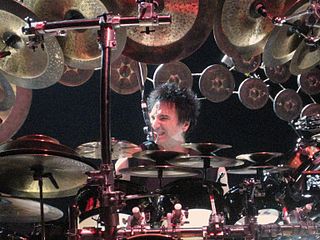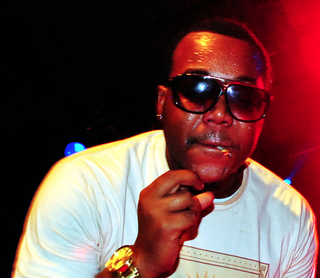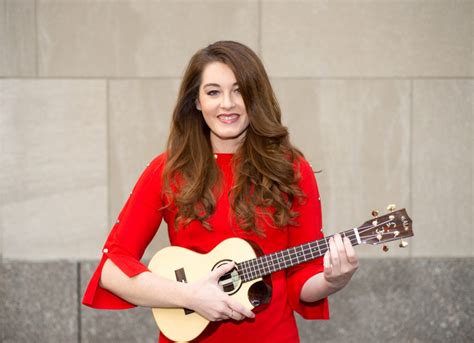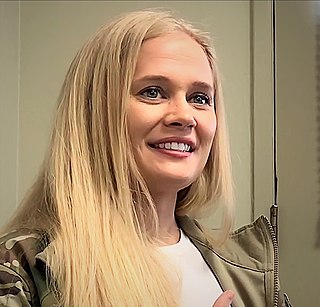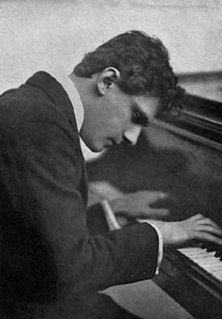A Quote by Alice Cooper
I appreciate an audience that reacts to the music, even if they jump on stage and try to beat us up, I think that's a fantastic reaction. I think that they're really hearing something then.
Related Quotes
I really think kids should understand that music is like learning the alphabet. You put small letters together to make words, and then you use these words to create a story, but with music. And they really need to know how to mix and match those letters and how to come up with something that is really interesting, or speak in metaphors as poets do to show us something maybe we didn't think about.
I think as a performer, it can be really great to stand on stage, especially when you have more time, but I do think about the specific people in the audience, how it's hard for them to get up and go to the bathroom, how they chose not to do other things that night and have turned off their phones and everything. So for that reason, I think it's necessary to mix it up and talk to the audience.
I don't have synesthesia, but I think when music is really intense, it's almost like it's more than just hearing. If you're at a gig, and there's just something amazing going on, it's not really just hearing: it's more of a total body sense, isn't it? You get transported, and all your senses kind of join up.
I think I'm really part of a whole generational movement in a way. I think a lot of other people since and during this time have gotten interested in writing what we can still call experimental music. It's not commercial music. And it's really a concert music, but a concert music for our time. And wanting to find the audience, because we've discovered the audience is really there. Those became really clear with Einstein on the Beach.
Normally classical music is set up so you have professionals on a stage and a bunch of audience - it's us versus them. You spend your entire time as an audience member looking at the back of the conductor so you're already aware of a certain kind of hierarchy when you are there: there are people who can do it, who are on stage, and you aren't on stage so you can't do it. There's also a conductor who is telling the people who are onstage exactly what to do and when to do it and so you know that person is more important than the people on stage.
I think that's a great opportunity, to pick a script where you can build up a good skill. I think the main thing I look for when I look at scripts is if it's inspirational. If it's something that teenagers can relate to. And is it something that the audience is going to get something out of. If not, then it's really not worth doing.



